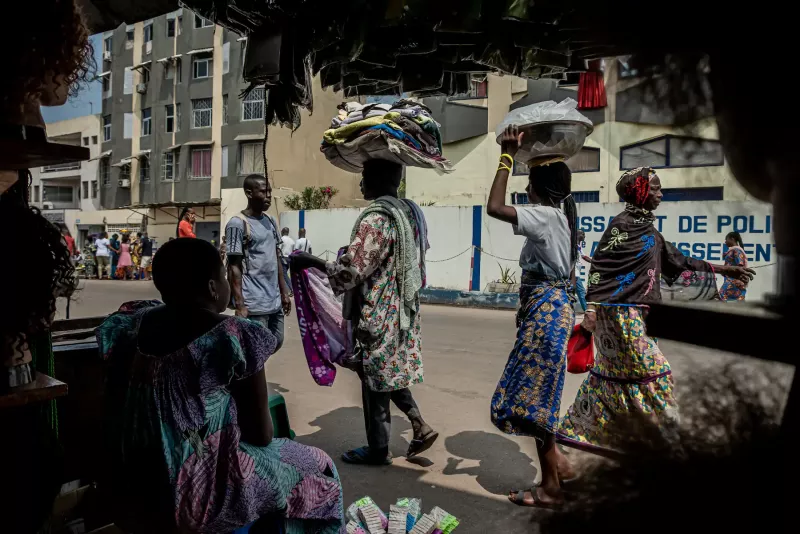Everywhere one looks in Africa, they’ll notice a new planned city cropping up that promises to be a utopia not plagued by the challenges the continent’s cities currently face.
Kenya’s Konza Tecnocity which promised to be the biggest smart city south of the Sahara is still struggling to prove to investors why they should inject capital in it nine years after it was conceived.
In 2010, Nigeria’s Eko Atlantic City promised to house 250,000 citizens on land reclaimed from the sea but it is still empty.
Ghana’s Hope City and Ethiopia’s Wakanda City aimed to transform urbanization. “Akon city” in Senegal promises to run on Akoin cryptocurrency, despite unsupportive government regulations around crypto. None has made tangible progress.
Last week, 11,000 delegates from 100 countries including 53 African countries gathered in Kenya’s western lakeside city of Kisumu to rethink the feasibility of elevating Africa’s major towns into cities.
The ninth edition of the Africities Summit prodded this idea which, according to policy experts, would create more jobs and unlock economic potential in the continent’s rural zones.
Most existing African cities are already struggling to function properly
In his opening remarks, Kenya’s president Uhuru Kenyatta urged participants to make the conference a questioning forum on how national governments can support a mobilization of resources to unlock effective delivery service in intermediary cities.
“Time is ripe for scaling up the role of intermediary cities as the next frontiers of African urbanization and development,” said Kenyatta.
But is time actually ripe for more African cities?
He added that an unprecedented rate of urbanization has seen 1,086 intermediary cities become home to 174 million people “representing 36% of our continent’s total urban population and contributing about 40% of our continent’s GDP.”
While the overarching message was that the continent needs to upscale its towns to be at par with the rest of the world, the problem with that narrative is that deep within Africa’s existing cities there are enormous hurdles.
From Lagos to Dar es Salaam, Dakar to Mogadishu, Windhoek to Asmara, Africa’s cities are grappling with the challenges of poor sanitation, disorganized and unsafe public transport, insufficient water, pollution, dirty energy sources, insecurity, unemployment, corruption, poor drainages and expensive housing.
Most African cities are insecure
Even as delegates spoke on intermediary cities’ potential to create business opportunities, the snags in the big cities are already making Africa score low in the global index of ease of doing business. Many cities score high on the global corruption index chasing away foreign investors.
Combating the threats of radicalization, terrorism, armed robbery, and petty theft in Africa’s urban areas has been one of the toughest tasks for governments.
With little progress to show in tackling these constraints, Africa’s march into making intermediary cities the new centers for economic development will only end into a stumble.
While the idea of decongesting large cities is a commendable one, making life in existing cities better should be at the forefront of the discourse especially now that Africa has the highest population growth rate in the world.




